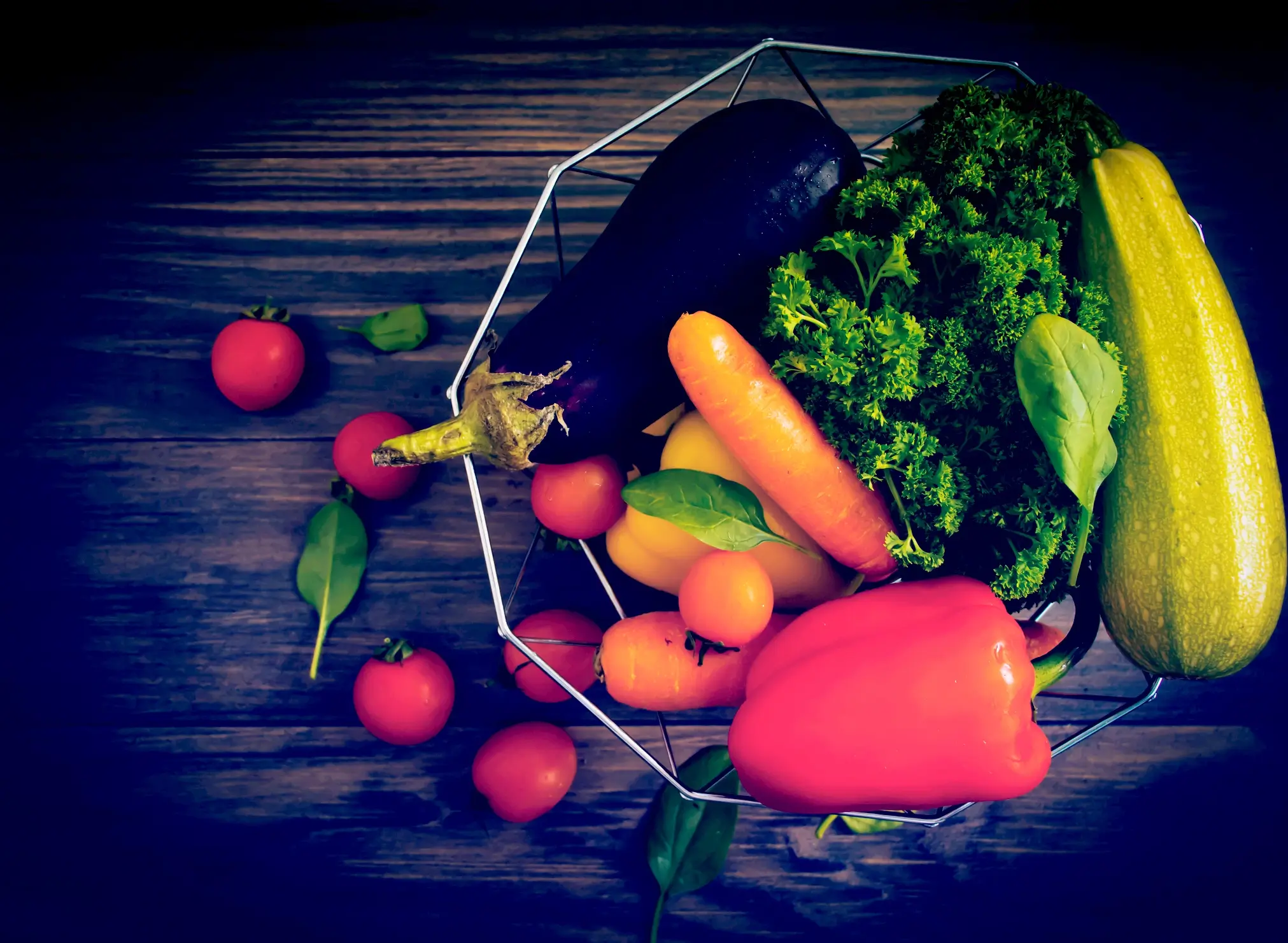
How does the muscle protein synthesis of a vegan meal compare to that of an omnivorous meal?
Overview
What did they test? The researchers examined the differences in muscle protein synthesis between a vegan and an omnivorous meal in older adults.
What did they find? Muscle protein synthesis was greater following the omnivorous meal in older adults.
What does it mean for you? Although interesting, the findings of this study do not heavily change the current protein intake recommendations for individuals following a plant-based diet.
What’s the Problem?
I’m sure that you’re all aware by now that eating protein is very important for muscle growth. Protein ingestion is a pivotal regulator of muscle protein synthesis (the process of building and repairing muscles), with the anabolic response to protein intake being linked to the postprandial surge in circulating essential amino acids. Essential amino acids are amino acids that the body cannot create by itself and it is therefore important that one’s diet provides enough of them in order to support muscle growth and recovery. When it comes to protein sources, their amino acid composition, digestive kinetics, and absorption dynamics collectively dictate the anabolic efficacy of a given protein source. That is why some refer to certain protein sources as “complete” and “incomplete” protein sources, usually in an attempt to highlight that not all protein sources are created equal.
Previous studies have highlighted the superior muscle protein synthetic responses following the consumption of animal protein (eg, dairy protein) compared to plant-derived counterparts like soy or wheat proteins 1. The perceived inferiority of plant-derived proteins is usually attributed to their lower digestibility and incomplete amino acid profiles. However, as we’ve previously discussed in REPS, recent studies show a lack of big differences in anabolic responses following the ingestion of various plant-derived protein isolates and blends in comparison to animal proteins 2. Additionally, a recent study by Monteyne et al 3 found that omnivorous and vegan diets led to comparable muscle protein synthesis and hypertrophy in young men. It’s important to note that the participants of the Monteyne et al 3 study consumed 1.8-2g of protein per kilogram of bodyweight, placing them well within the “optimal” protein recommendations for muscle growth.
That said, the current literature has predominantly looked at muscle protein synthesis rates following the ingestion of protein isolates or concentrates versus looking at a more “real world” scenario where two complete meals, one being vegan and one being omnivorous, are compared. This brand new study by Pincackers et al looked at exactly that. Let’s see what they found!
Purpose & Hypothesis
In this study, researchers aimed to compare a meal with beef as the primary protein source against a meal solely composed of plant-based products and their effect on muscle protein synthesis.
If you would like to continue reading...
Reps: A Biolayne Research Review
Only $12.99 per month
- Stay up to date with monthly reviews of the latest nutrition and exercise research translated into articles that are easy for anyone to understand.
- Receive a free copy of How To Read Research, A Biolayne Guide
- Learn the facts from simplified research
About the author

Pak
Pak is the Chief Editor of REPS, an online coach and a researcher. Pak did his PhD at Solent University in the UK on “the minimum effective training dose for strength”. As a Researcher, Pak is a Visiting Scholar in Dr. Schoenfeld's Applied Muscle Development Lab in New York City. Pak's research focuses on all...[Continue]
More From Pak




